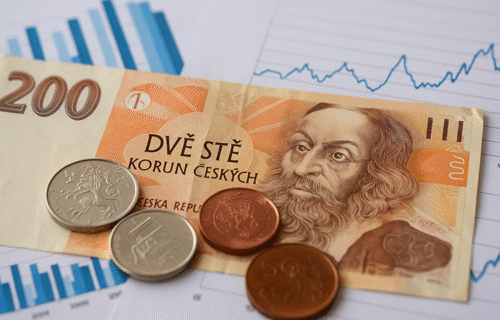The Czech Republic managed to reduce its budget shortfall in 2024, reflecting stronger economic activity and tighter spending control, according to the latest data confirmed by Eurostat. Government accounts showed an overall deficit equivalent to 2.2 percent of national output last year, an improvement from the 3.8 percent recorded in 2023.
Public debt, however, continued to rise, reaching roughly 43.6 percent of GDP — about one percentage point higher than a year earlier. The increase was attributed to higher borrowing costs and continued investment spending, although economic growth helped prevent a sharper rise in the debt ratio.
Officials from the Czech Statistical Office noted that government revenues grew faster than expenditures in 2024, supported by tax collection and corporate income growth, while spending increases were more modest. Analysts said this suggests a gradual return toward fiscal balance after the pandemic-related disruptions and the energy-price interventions of previous years.
Despite the modest uptick in debt, the Czech Republic remains comfortably within the European Union’s fiscal thresholds, which cap annual deficits at 3 percent of GDP and public debt at 60 percent. The figures mark one of the lowest debt levels among Central European economies, underscoring the country’s relatively cautious fiscal approach.
Economists say the improvement provides some breathing room for the incoming budget cycle, though risks remain. Rising public sector wage pressures, planned infrastructure spending, and uncertain global conditions could all test the government’s ability to maintain its current trajectory.
As the Czech economy adjusts to slower growth in key export markets and higher interest rates, fiscal prudence will likely remain a key theme heading into 2026. The government is expected to present its updated fiscal strategy later this year, outlining steps to sustain stability while supporting long-term investment priorities.
